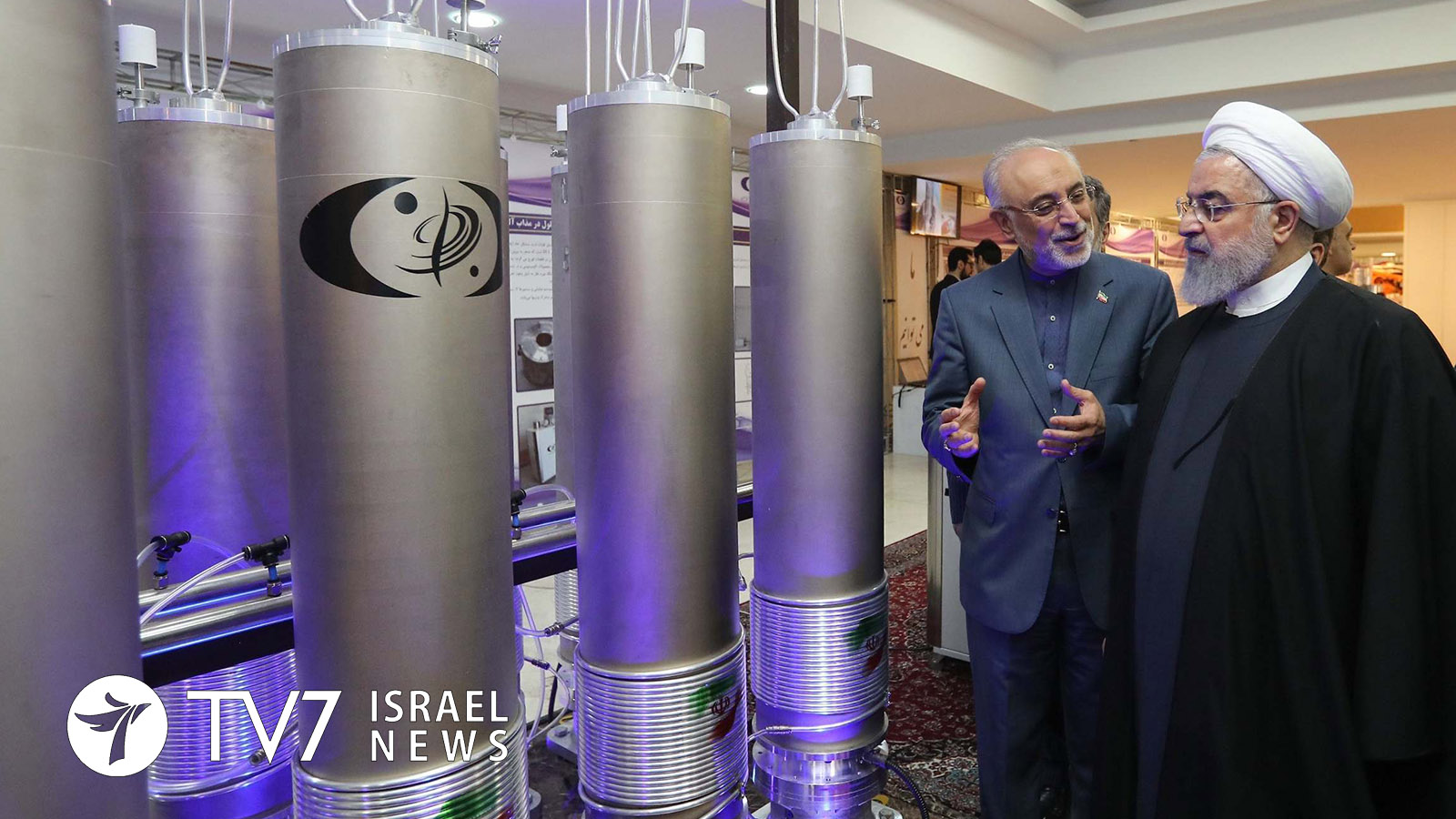Iran began enriching uranium to 60% purity in a show of force and technical prowess – but is willing to swiftly rescind the action if the United States lifts sanctions, said an Islamic Republic official.
“This measure can quickly be reversed for a return to the agreed enrichment level in the nuclear accord if other parties commit to their obligations,” Iranian government spokesman Ali Rabiei told reporters in Tehran, in reference to the 2015 Joint Comprehensive Plan of Action (JCPOA) agreement.
Former US President Donald Trump re-imposed stiff punitive economic measures after withdrawing from JCPOA in 2018, whereupon Iran openly began breaching the agreement. The deal had capped the uranium enrichment level at a 3.67% level suitable for generating civilian nuclear energy; which Iran first raised to 20% fissile purity followed by a spike to 60% – in a significant jump toward material needed for the production of nuclear weapons.
In remarks streamed live on a state-run website, Rabiei also asserted that, “The start of 60% enrichment in Natanz was a demonstration of our technical ability to respond to terrorist sabotage at these facilities.”
The Ayatollah regime has blamed an 11 April explosion and power outage at its main nuclear plant on Israel.
An arrest warrant has been ordered for “Reza Karimi, the perpetrator of this sabotage,” according to state TV last Saturday, citing Iran’s Intelligence Ministry. The 43-year-old suspect reportedly worked at Natanz and fled the country prior to the blast. Israeli expert on Iran Dr. Raz Zimmt observed on Twitter that Ershad Karimi – a contractor with the same family name – was identified as a saboteur at the same facility in July 2020 by a television channel affiliated with Iran’s Islamic Revolutionary Guards Corps (IRGC).
Israel has neither confirmed nor denied involvement in the latest attack, which occurred just as international talks got underway in Vienna aimed at bringing the United States and Iran back to full compliance with the JCPOA. Iranian officials said yesterday that there has been some progress toward an interim deal that could be a way to gain time for a lasting settlement.
Israel has long insisted that Iran cannot be trusted, and intent on acquiring atomic arms.
“Iran is undermining stability in the entire Middle East and the international community must act to prevent Iran from achieving nuclear weapons capability,” underscored Israeli Foreign Minister Gabi Ashkenazi during a meeting in Jerusalem yesterday with visiting British Cabinet Office Minister Michael Gove, stressing, “Not today and not in the future.”
